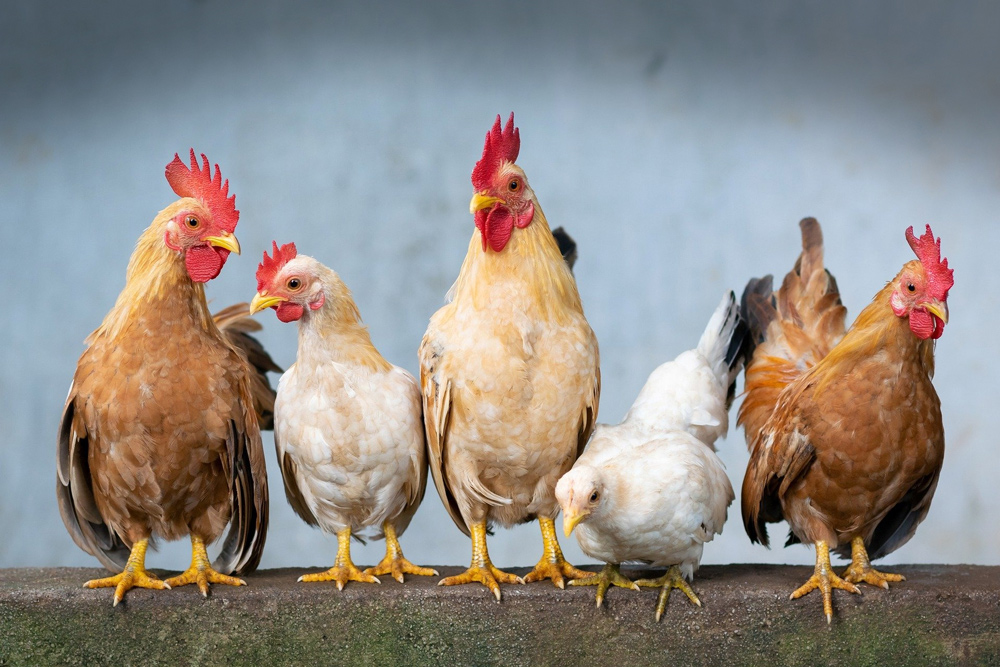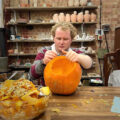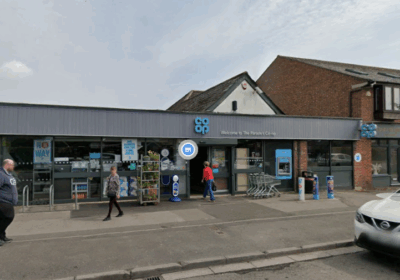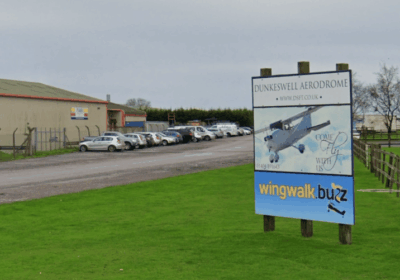All birds must be kept indoors until further notice, as efforts to curb the spread of bird flu continue.
The UK’s chief veterinary officer, Christine Middlemiss, ordered mandatory housing measures for the whole of England, legally requiring all bird keepers to keep their animals indoors and to follow stringent biosecurity measures, regardless of type or size.
The order extended mandatory housing measures already in force in the hot spot areas of Suffolk, Norfolk and parts of Essex following an increase in the national risk of bird flu in wild birds to ‘very high’.
“We are now facing this year, the largest ever outbreak of bird flu and are seeing rapid escalation in the number of cases on commercial farms and in backyard birds across England,” the chief vet said.
“The risk of kept birds being exposed to disease has reached a point where it is now necessary for all birds to be housed until further notice.”
Over the last year, the UK has faced its largest ever outbreak of avian influenza, with more than 200 cases confirmed since late October 2021.
The introduction of the housing measures comes after the disease was detected at more than 70 premises since the beginning of October, as well as multiple reports in wild birds.
“Scrupulous biosecurity and separating flocks in all ways, from wild birds remain the best form of defence,” Ms Middlemiss said.
“Whether you keep just a few birds or thousands, you must keep yours indoors. “This decision has not been taken lightly, but is the best way to protect your birds from this highly infectious disease.
“Evidence shows that housing birds reduces the risk of kept birds being infected with bird flu.
“However, housing alone will not protect birds and all keepers must still follow the other enhanced biosecurity measures mandated by the AIPZ at all times to protect their flocks and prevent the risk of future outbreaks which is circulating in wild birds.
“Housing combined with stringent biosecurity measures can provide even greater reduction in risk.”
The UK Health Security Agency continues to advise that the risk to public health from the virus is very low and the Food Standards Agency advice remains unchanged: that avian influenzas pose a very low food safety risk for UK consumers.
Properly cooked poultry and poultry products, including eggs, are safe to eat.
NFU Poultry Board chair, James Mottershead, said: “As poultry producers, the health and welfare of our birds is our number one priority, and these housing measures alongside the existing additional biosecurity requirements will help minimise the impact of avian influenza on the poultry sector.
“These measures apply to all poultry keepers, whether you have one hen in the garden or a large poultry business, and I urge everyone to remain vigilant.
“This is a really challenging time for the British poultry sector but producers are doing all they can to protect their birds and to maintain production of poultry meat and eggs, especially as we approach Christmas.
“The NFU will continue to work with the government and the wider supply chain to minimise the impacts of avian influenza, both now and in the future.”










Leave a Reply